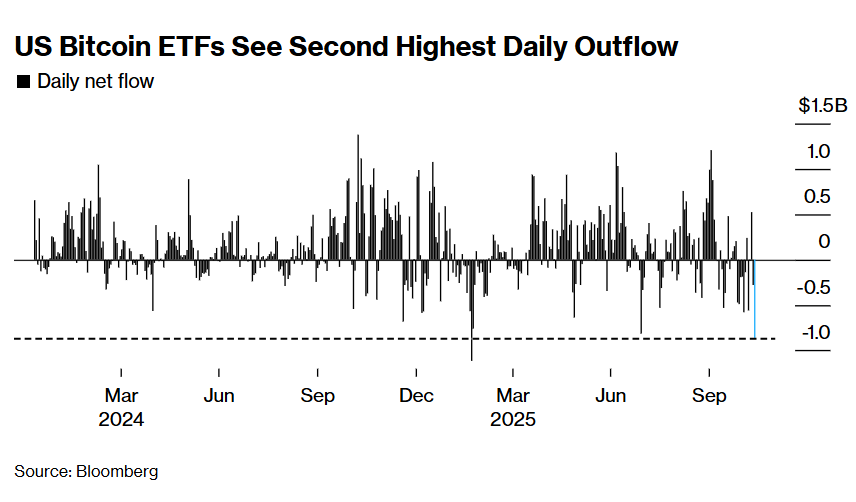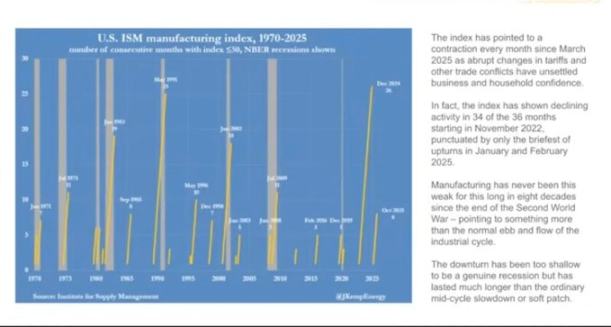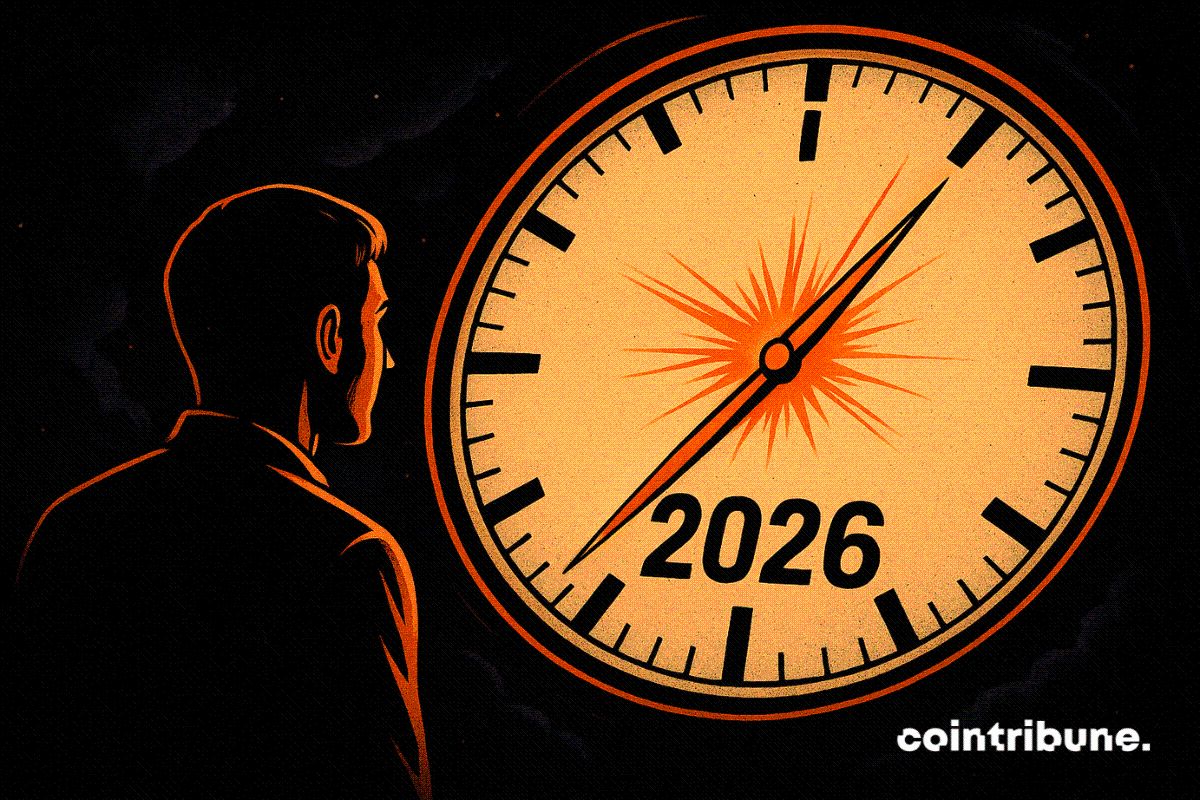The Implications of Trump's Challenge to Fed Independence for Global Markets and Monetary Policy Stability
- Trump's push to control the Fed risks undermining U.S. central bank independence, threatening domestic and global economic stability. - Historical cases in Turkey and Argentina show political interference leads to hyperinflation, currency collapses, and market volatility. - Loss of Fed credibility could trigger higher bond yields, inflation volatility, and a shift away from the U.S. dollar as global reserve currency. - Institutional safeguards must be reinforced to prevent short-term political agendas fr
The erosion of central bank independence in the United States, as currently threatened by President Donald Trump’s aggressive interventions, risks destabilizing not only the domestic economy but also global financial markets. Trump’s recent dismissal of Federal Reserve Governor Lisa Cook, coupled with his push to confirm Stephen Miran—a White House adviser advocating for presidential control over monetary policy—signals a dangerous departure from the principles of institutional autonomy that have underpinned U.S. economic resilience for decades [1]. This challenge to the Federal Reserve’s independence is not merely a political maneuver; it is a direct assault on the credibility of a system that has historically insulated monetary policy from short-term political cycles.
Central bank independence (CBI) is a cornerstone of modern economic governance. Empirical studies consistently show that independent central banks are more effective at anchoring inflation expectations and mitigating financial instability. For instance, the International Monetary Fund (IMF) has noted that central banks with high independence scores are better at maintaining low inflation, even in the face of global shocks [2]. Conversely, when political leaders override central bank mandates—as seen in Turkey and Argentina—the consequences are severe. In Turkey, President Recep Tayyip Erdogan’s insistence on lowering interest rates to spur growth led to a credibility crisis at the Central Bank of Turkey (CBRT), triggering hyperinflation (peaking at 80% in 2022) and a 40% depreciation of the lira against the dollar between 2018 and 2021 [3]. Similarly, Argentina’s history of political interference in monetary policy, including the forced replacement of central bank governors and the financing of government deficits through money printing, culminated in inflation rates exceeding 292% in 2024 [4].
The implications for investment risk and returns are profound. In Turkey, political interventions in central banking have been directly linked to stock market volatility. An event study of Borsa Istanbul found that the dismissal of CBRT officials by Erdogan initially caused positive abnormal returns but later led to negative returns as market confidence eroded [5]. This pattern underscores how perceived central bank independence influences investor behavior. When institutions are seen as politically compromised, capital flows shift toward inflation-protected assets, such as gold and Treasury Inflation-Protected Securities (TIPS), while equity markets face heightened uncertainty [6]. Argentina’s recent stabilization under President Javier Milei—marked by a shift toward dollarization and tighter monetary policy—has restored some investor confidence, but the legacy of volatility remains. The Merval Index, for example, experienced a 35% correction in 2023 amid fears of renewed political interference, despite subsequent reforms [7].
Trump’s proposals to politicize the Fed—such as shortening the terms of governors and subjecting the Fed to congressional budgeting—risk replicating these outcomes in the United States. If the Fed loses its ability to act independently, it may struggle to respond to economic shocks, leading to higher inflation volatility and a loss of market confidence. This could trigger a “credibility premium” in U.S. bond markets, where investors demand higher yields to compensate for perceived policy instability [8]. The ripple effects would extend globally, as the U.S. dollar’s role as the world’s reserve currency is closely tied to the Fed’s institutional credibility. A decline in trust could accelerate the shift toward alternative currencies and asset allocations, further fragmenting global capital markets.
The historical evidence is clear: central bank independence is not a luxury but a necessity for long-term economic stability. Trump’s actions threaten to undermine this foundation, with potentially catastrophic consequences for both U.S. and global markets. Policymakers must act swiftly to reinforce institutional safeguards, ensuring that monetary policy remains insulated from political pressures. The lessons of Turkey and Argentina are stark reminders of what happens when central banks are subordinated to short-term political agendas.
Source:
[1] Here's what it really means for Trump to get control of the Federal Reserve board
[2] Strengthen Central Bank Independence to Protect the World Economy
[3] What happens if Trump gets control of the Fed? Warnings from Turkey and Argentina
[4] Central Bank Independence and stock market outcomes: An event study on Borsa Istanbul
[5] Central Bank Independence and stock market outcomes: An event study on Borsa Istanbul
[6] Central Bank Independence Under Siege: Implications for Fixed-Income Markets and Inflation Expectations
[7] Eyes Back on Argentina: Why This Market is Back on Our Radar
[8] Central Bank Independence and Inflation Volatility in Developing Countries
Disclaimer: The content of this article solely reflects the author's opinion and does not represent the platform in any capacity. This article is not intended to serve as a reference for making investment decisions.
You may also like
As economic cracks deepen, bitcoin may become the next liquidity "release valve"
The US economy is showing a divided state, with financial markets booming while the real economy is declining. The manufacturing PMI continues to contract, yet the stock market is rising due to concentrated profits in technology and financial companies, resulting in balance sheet inflation. Monetary policy struggles to benefit the real economy, and fiscal policy faces difficulties. The market structure leads to low capital efficiency, widening the gap between rich and poor and increasing social discontent. Cryptocurrency is seen as a relief valve, offering open financial opportunities. The economic cycle oscillates between policy adjustments and market reactions, lacking substantial recovery. Summary generated by Mars AI. The accuracy and completeness of this summary are still being iteratively updated by the Mars AI model.

The wave of cryptocurrency liquidations continues! US Bitcoin ETF sees second highest single-day outflow in history
Due to the reassessment of Federal Reserve rate cut expectations and the fading rebound of the U.S. stock market, the crypto market continues to experience liquidations, with significant ETF capital outflows and options traders increasing bets on volatility. Institutions warn that technical support for bitcoin above $90,000 is weak.

When traditional financial markets fail, will the crypto industry become a "pressure relief valve" for liquidity?
As long as the system continues to recycle debt into asset bubbles, we will not see a true recovery—only a slow stagnation masked by rising nominal figures.

A Quiet End to 2025 Could Prime Crypto for a 2026 Breakout, Analysts Say
